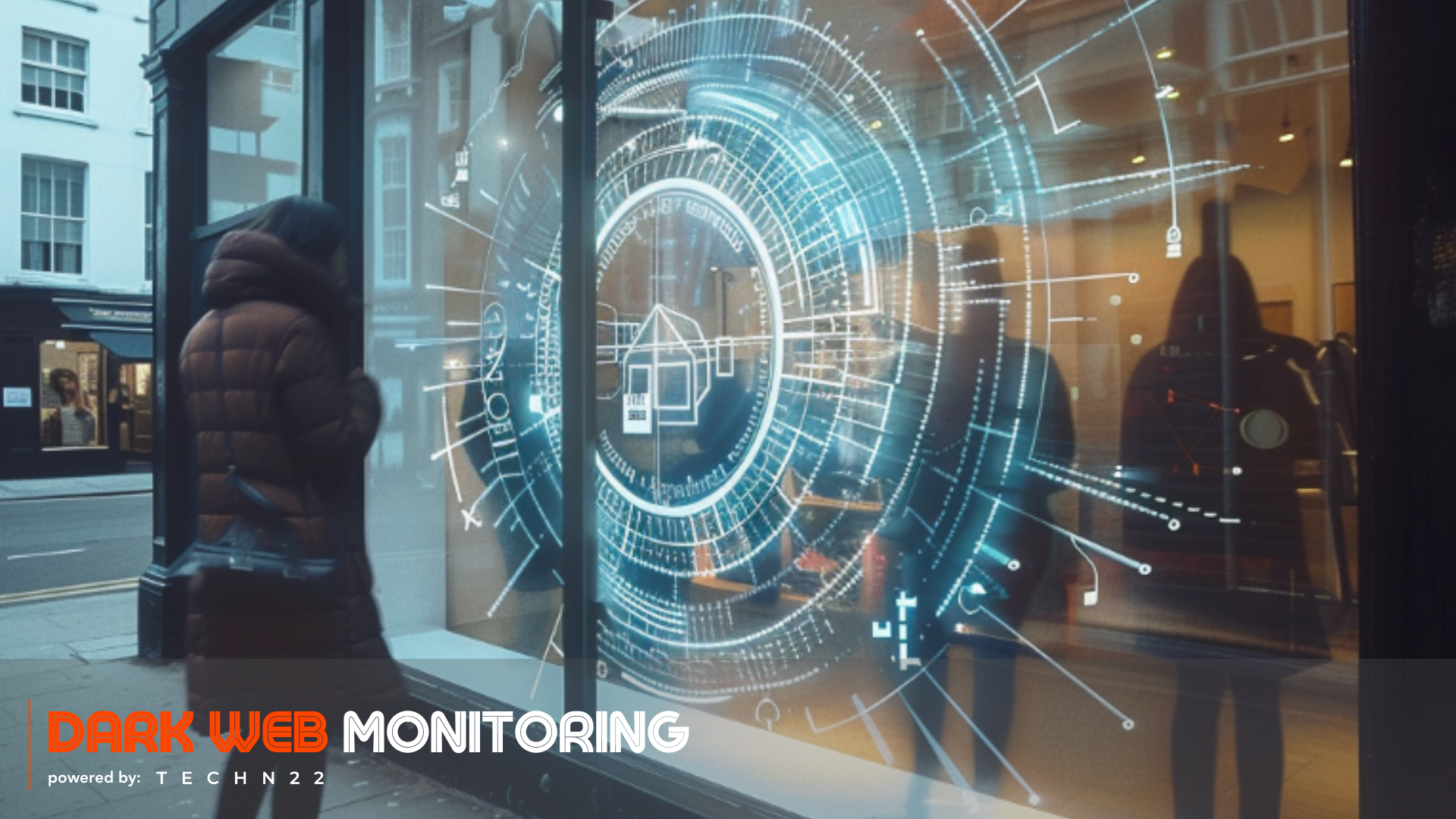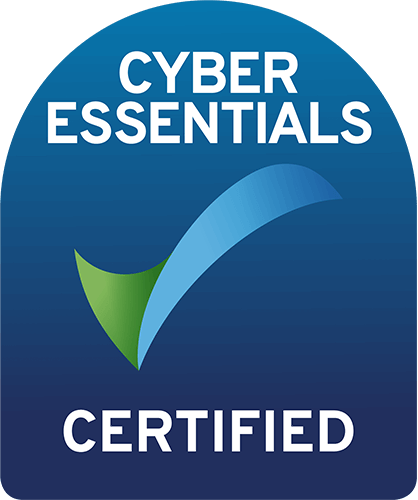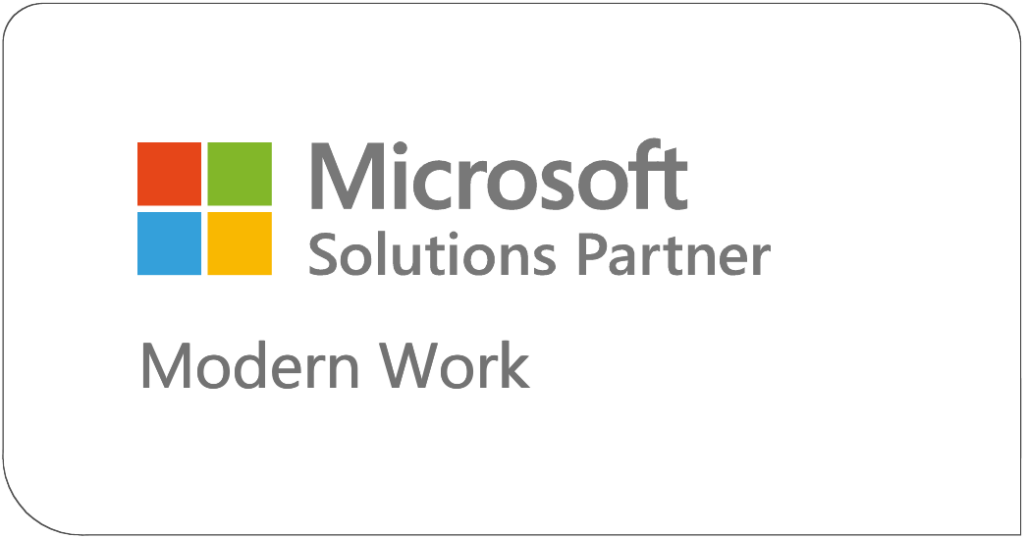In a recent development causing concern among taxpayers, ICAEW members and their clients have reported receiving dubious emails, ostensibly from the Government Gateway, asking for confirmation of email addresses. These scam emails, which include a confirmation code to verify an email address, are a cause for alarm and should be treated with caution.
HMRC’s Advisory on Scam Emails
The HM Revenue and Customs (HMRC) has issued a clear warning regarding these emails. If you receive an unsolicited request to verify a change to your online account, especially one you did not initiate, HMRC’s advice is to ignore it. This includes any follow-up emails that prompt you to click on a link.
Scammers’ Tactics Exposed
HMRC has clarified that these emails are a scam strategy to lead unsuspecting individuals to phishing sites with the intent to steal personal information. It is important to note that HMRC systems have not been compromised. Instead, these criminals attempt to create fake customer accounts or access existing accounts using personal data obtained through various means, including security breaches at other organisations.
How to Respond to Scam Emails
If you have received such a message, or any email that appears to be suspicious, you are encouraged to report it immediately to HMRC at phishing@hmrc.gov.uk. Reporting these incidents plays a crucial role in the fight against cyber fraud and helps authorities in taking timely action to prevent further scams.
Techn22’s Stance on Cybersecurity
At Techn22, we emphasise the importance of being vigilant and informed about such cyber threats. It’s essential to recognise the signs of phishing attempts:
- Be wary of any unsolicited emails asking for personal information or account verification.
- Avoid clicking on links in emails that seem suspicious, especially those leading to websites where personal or financial information is requested.
- Verify the authenticity of the email sender. Government bodies like HMRC will not ask for sensitive information via email.
- Ensure that your antivirus software is up-to-date and consider using comprehensive cybersecurity solutions, including dark web monitoring.
By staying informed and cautious, you can protect yourself from becoming a victim of these sophisticated phishing scams. Remember, your digital safety is paramount, and at Techn22, we are committed to helping you safeguard your personal and professional data against evolving cyber threats.






